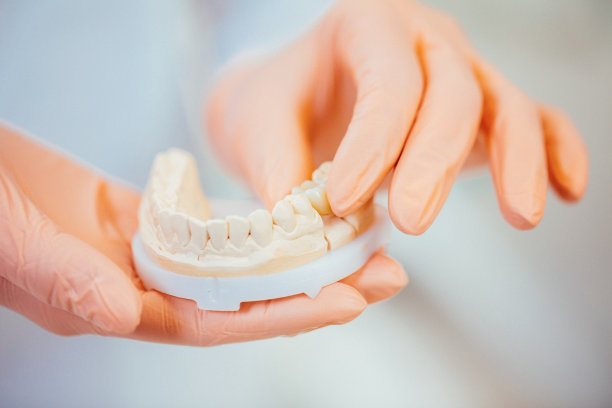Essential Guidelines to Follow Before Undergoing Dental Implant Surgery for Optimal Success and Safety
Summary: Dental implant surgery can dramatically improve oral health and aesthetics, but success hinges on thorough preparation. This article outlines essential guidelines for prospective patients, including consultation with qualified dental professionals, comprehensive pre-surgery assessments, understanding of the procedure and recovery, and proactive post-operative care. By adhering to these guidelines, patients can optimize their chances for successful outcomes, ensuring that their dental implant experience is both safe and effective.
1. Consultation with Qualified Professionals

Before undergoing dental implant surgery, it is crucial to consult with qualified dental professionals. Start by seeking referrals to experienced oral surgeons or dentists who specialize in implant dentistry. Qualified professionals will possess the knowledge and skill to assess your individual needs accurately, ensuring that they recommend personalized treatment plans.
Your initial consultation should also include a thorough discussion about your dental history, current health conditions, and any medications you may be taking. This information allows your dentist to tailor the procedure to your specific circumstances and identify any potential risks involved in the surgery.
During this consultation, do not hesitate to ask questions about the procedure, its success rates, and possible complications. Understanding all aspects of the surgery will help alleviate any anxiety you may have and empower you to make informed decisions about your dental health.
2. Comprehensive Pre-Surgery Assessments
Before undergoing dental implant surgery, a comprehensive pre-surgery assessment is essential. This typically involves imaging studies, such as X-rays or CT scans, to determine the condition of your jawbone and the precise location for implant placement. These imaging techniques allow your dentist to visualize the structure of your mouth and plan accordingly.
Additionally, a complete medical evaluation is necessary to rule out any underlying health issues that might impede the healing process. Conditions such as uncontrolled diabetes, autoimmune diseases, or serious heart conditions can affect your suitability for surgery and impact the success of the implants.
Pain management and anesthesia options should also be discussed during these assessments. This conversation is essential as it ensures your comfort during the procedure, and it helps in choosing the best anesthetic approach tailored to your needs.
3. Understanding the Procedure and Recovery
Understanding the dental implant procedure and the recovery process is essential for setting realistic expectations. The surgery typically involves placing a titanium post into the jawbone, which acts as the root of the new tooth. Familiarizing yourself with this process will help enable you to anticipate what to expect during and after the surgery.
Recovery from dental implant surgery can vary based on individual factors such as overall health and adherence to post-operative instructions. It’s important to understand that healing takes time. A follow-up schedule for check-ups is generally provided, and it’s vital to attend these appointments to monitor your recovery progress.
Additionally, discussing potential complications such as infection, implant failure, or prolonged discomfort will help you prepare mentally. Being informed about these possibilities will empower you to recognize any signs of complications promptly and seek assistance as needed.
4. Proactive Post-Operative Care
Post-operative care is crucial for ensuring the success of your dental implants. After the procedure, maintain an optimal oral hygiene routine that includes gentle brushing and rinsing with an antiseptic mouthwash. This practice helps reduce the risk of infection and promotes healing.
Additionally, adhere strictly to any dietary recommendations provided by your dentist. Soft foods are usually recommended immediately following the procedure to minimize discomfort and protect the surgical site. Gradually reintroducing regular foods is advisable as healing progresses.
Monitoring your oral health closely during recovery is essential. Pay attention to any unusual symptoms such as excessive bleeding, worsening pain, or signs of infection. If you notice any concerning symptoms, communicate with your dentist immediately to address any potential issues before they escalate.
Summary:
In summary, preparing for dental implant surgery involves proper consultation with qualified professionals and undergoing comprehensive pre-surgery assessments. Understanding the procedure itself, along with a detailed post-operative care plan, is essential for a successful outcome. By following these guidelines, patients can greatly enhance their dental implant experience, ensuring both safety and optimal results.
This article is compiled by Vickong Dental and the content is for reference only.



